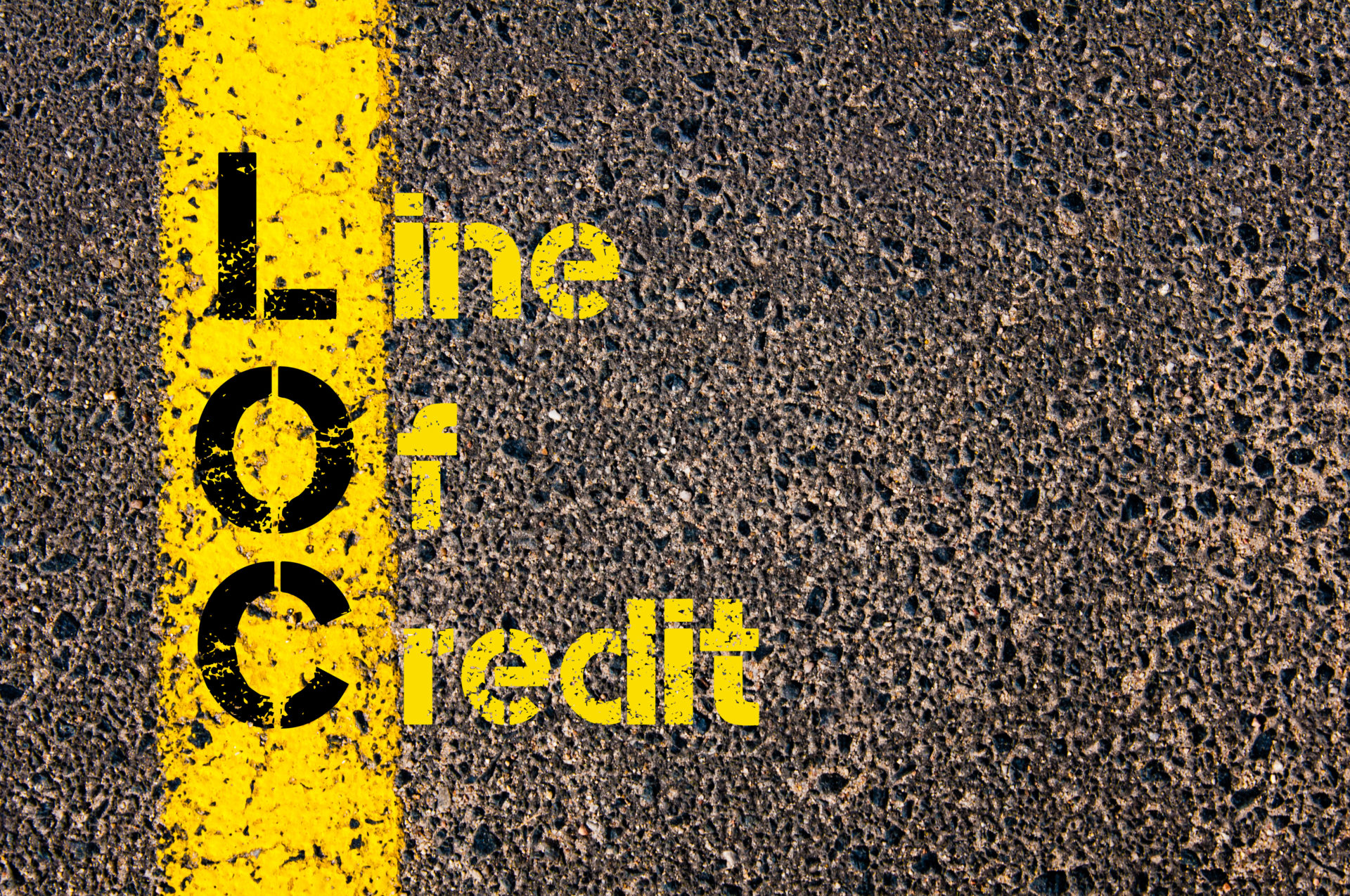
If you’ve found this article then chances are you’re a small business owner who may not be familiar with what a business line of credit (aka business credit line) is or how it works. In all likelihood, you know about loans and have probably even taken one out for personal or business needs; but a loan isn’t always the best financing option available. If you are interested in learning what a business credit line is and why you might need one, read on.
How a Credit Line is Different From a Loan
A loan is almost always a lump sum of cash that is funded by a lender for a specific purpose. That purpose may include buying or refinancing real estate, pulling cash-out of real estate, purchasing a business, purchasing equipment or inventory, obtaining working capital, renovating a property you may own or lease, or even for a business start-up.
There are instances where a loan is not delivered in one lump sum, usually in the case of a construction loan where a lender will disburse loan proceeds in what are called “draws” as work is completed on the property. Usually getting a lump sum of loan proceeds is fine if you are purchasing a property, financing equipment or inventory at one time; but what if you are pulling cash-out of a property or need working capital?
When you take a working capital loan or pull cash-out from your property, you receive all of the loan proceeds which means you start paying interest right away on the total amount borrowed. If you opt for a business term loan or merchant cash advance which has a daily or weekly repayment schedule, then you might be paying interest on funds before you even know what you are going to do with them. If you plan to take out a working capital or cash-out loan, you need to know exactly where those funds are going and soon; otherwise you will be paying a high premium just to stare at money in your bank account.
A business credit line works differently from a loan in that once approved, the funds are available for you to access only when you need them. If you desire working capital for future business needs, want cash-on-hand in the event of a business emergency, need advertising funds or wish to grow your business but aren’t sure how yet; then a business credit line is the right option for you.
Unlike a loan, a business credit line often has no prepayment penalty. This means you can draw down funds from your credit line and pay off your balance without penalty. Working capital loans will often carry a prepayment penalty which will make it costly for you to pay off your loan early, but a credit line is built to be paid down and drawn from over and over again in a revolving fashion.
There are many additional benefits to a credit line such as no collateral being required, automatic line increases with consistent pay back, and they are easy to use. Headway Capital, our recommended business credit line lender has a fast application and approval process, funds are available the next day, and you can manage your credit line and access funds 24/7.
How is a Credit Line Different from a Credit Card?
All business owners know that a business credit card can come in very handy, it allows you to buy items now and pay for them later. There are a few problems with business credit cards that don’t always make them an attractive option or a viable one for many business owners.
First, whether or not you can obtain a business credit card will depend on your personal credit score as well as the history of your business. If your credit is low or damaged, or your business is not established, then you may be out of luck.
Second, interest rates on business credit cards can be prohibitively high. Borrowing at rates this high can be necessary sometimes if you need quick access to capital, or the return on your business investment will outpace the fees. Lower interest rate credit cards are available, but those are usually reserved for borrowers with the best credit and strongest businesses, leaving most small business owners on the sidelines or stuck with higher rates.
Lastly, the credit limit on business credit cards can be fairly low. It isn’t uncommon for credit limits to be initially set at under $1,000, or even less if you are a new business or don’t have established credit history. A low credit limit does not give a business the flexibility it needs to purchase inventory or equipment, maintain significant cash reserves or grow. There are business credit cards with higher credit limits, but again, those cards are not accessible to everyone and high interest rates can also be a problem (especially when a large balance has been accumulated). A business credit line and a business credit card are similar in that you can access funds easily and both have revolving credit. You can use the available funds on your credit card or credit line when you need them, and pay your balance back down when you like in order to draw funds again.
What’s different about a business credit line is that it is accessible to many more borrowers and business owners. For example, Headway Capital has no collateral requirement and will consider businesses in most industries. This means that all types of businesses at different stages of development are eligible for a Headway Capital business credit line.
Conclusion
It is clear that having a credit line in place can offer your business many advantages. Accessing capital for your business today can be difficult and costly, but keeping a credit line on reserve and only being charged interest on funds when you need them, can be a valuable asset to your business growth. With flexible approval guidelines, affordable rates and easy online management, there is no reason why every business owner shouldn’t open up a business credit line.
Interested in getting a credit line or business working capital loan? Contact Headway Capital, SmartBiz, or South End Capital.


